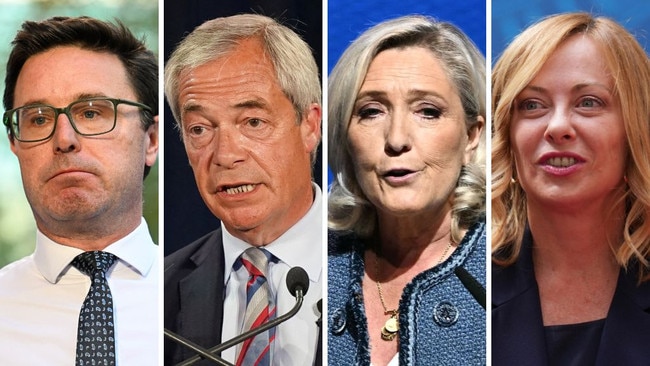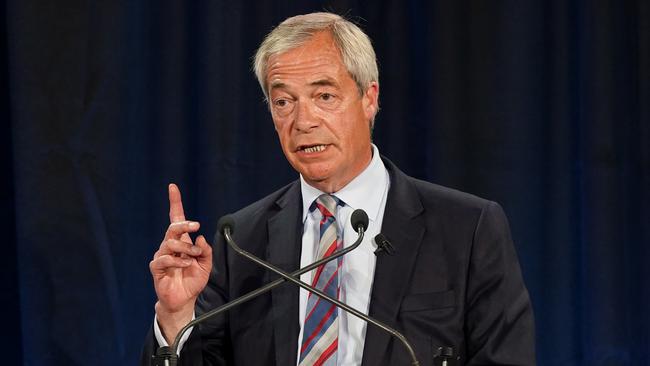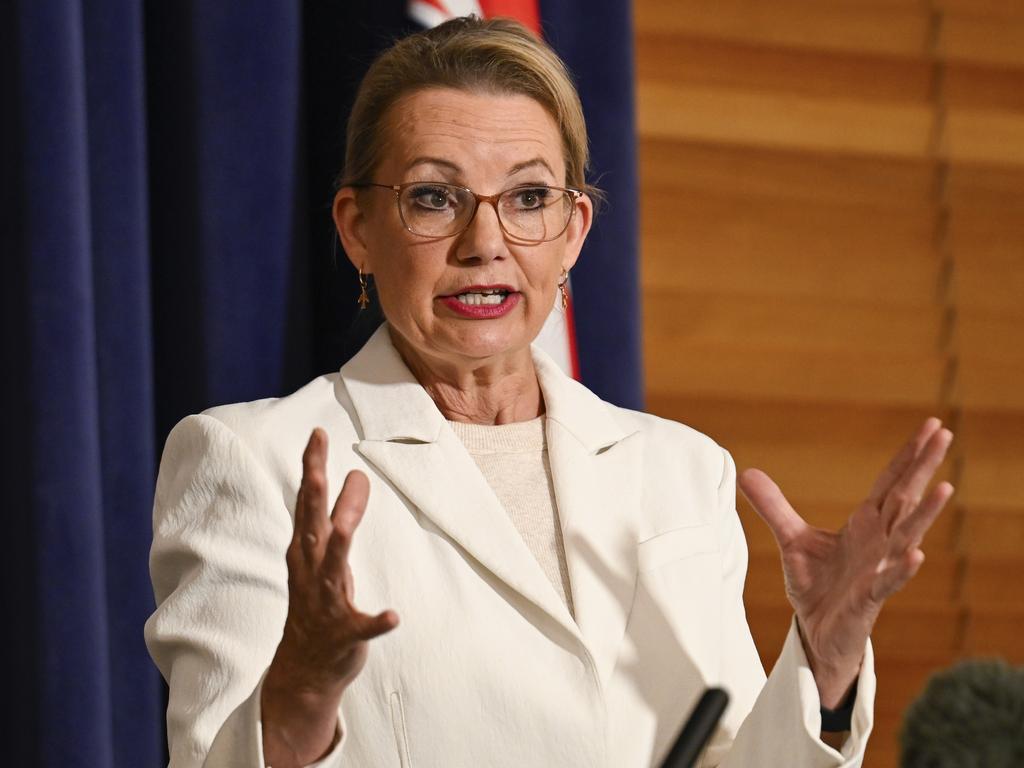Coalition split indicative of global trend in Western two-party systems
The Coalition split has disastrously fractured Australian politics and put at risk the viability of the two-party political culture and the Westminster system.

The Coalition split between the Liberal and National parties has disastrously fractured Australian politics and put at risk the viability of the two-party political culture and the Westminster system.
It is an act of spectacular self-harm by the Nationals, designed in part to mask their own internal divisions and the underlying limitations of their position, shielded by their holding most of their seats.
This reflects the simmering crisis in the politics of many Western nations and the similar fracturing of two-party systems in Britain and numerous European nations.
The Nationals record lower national support than the Greens. But they have a long and noble history of simultaneously representing their rural constituencies while forming a key part of coherent, centre-right governments.
The Nationals have now had a political nervous breakdown because the elementary discipline of shadow cabinet organisation and cross-party policy formulation apparently is too much for them.
This explains the rushed, panicky move to kill the Coalition so quickly over perfectly negotiable questions of policy and procedure.
This makes centre-right politics in Australia a shambles, with the Nationals reducing themselves to the status of country teals, and the Liberals not much better.
The Westminster system rests on major parties, or coalitions, having the internal policy debates, making the social and financial trade-offs between different interests, then offering a coherent and integrated policy package to the electorate. This contrasts with proportional representation systems where parties focus on much narrower interests and then make the trade-offs in negotiations after the election.
Westminster systems typically deliver more stable and coherent government than proportional systems. Neither the Liberals nor the Nationals can realistically aspire to government on their own. Without coalition, each becomes right-of-centre protest parties. Labor would be the only party of government. That’s a tremendous triumph for the left. The only tactical option for the centre-right parties would be to find independents or teals they could preference in Labor seats to reduce Labor’s parliamentary dominance.
Clive Palmer’s money plus one charismatic leader could further devastate centre-right politics.
Western politics is in long-simmering crisis. Two-party systems are breaking down everywhere. The British first-past-the-post voting system even more heavily favours a two-party political culture than our preferential system.
Yet British voters apparently hate this and have imposed effectively a five-party system. Labour, Conservatives, Liberal Democrats and Scottish Nationalists all have substantial representation at Westminster. Nigel Farage’s Reform UK has only a handful of Westminster seats but has moved decisively ahead of the Conservatives as the second most popular party. It took a seat from Labour in a recent by-election and won huge gains in recent local elections, outperforming the Conservatives.

Keir Starmer’s Labour government won a huge parliamentary majority with barely a third of the vote, which has mostly been a losing percentage in British political history. Without the mechanism of preferences to deliver ultimate electoral legitimacy to a government with such a narrow share of voters, alienation from the British political system is growing. Electors increasingly contemplate more radical ways to express their frustration with politics.
Two-party systems have collapsed across Europe. Traditional centre-right parties in France, the Gaullists, and in Italy, the Christian Democrats, have been displaced by more populist parties, Marine Le Pen’s National Rally in France and Giorgia Meloni’s Brothers of Italy in Rome.
In Germany the two major parties that once alternated power, the conservative coalition and the Social Democrats, are locked in a sterile and incoherent cross-aisle coalition because the conservatives are scared to go into coalition with the anti-immigration populist Alternative for Germany.


A similar situation exists in the Republic of Ireland with the traditional centre-right and centre-left parties co-dependent on a cross-aisle coalition of the collapsing mainstream, propped up by independents, as neither main party wishes to join with Sinn Fein, which formerly supported terrorism in Northern Ireland and is now the second largest party.
Crumbling two-party systems make it ever less likely that governments can confront structural issues such as chronic deficit, ballooning debt, out-of-control immigration and urgent defence needs. Increasingly, mainstream politics cannot adjudicate difficult policy questions and deliver coherent responses.
The main parties offer instead special pleading for designated interest groups and transfer payments and cash handouts to recognised classes of voters.
In the US the syndrome is disguised because party primaries mean the frustration and rebellion occur within the Democrat and Republican parties. Donald Trump’s populist takeover of the Republicans is mirrored by left-wing populism in the Democrats.
What you don’t get out of any of it is good, much less heroically reforming, government.
Though the Liberal leadership ran the worst federal election campaign in living memory, the Nationals have now played a dramatic role in bringing similar incoherence into Australian politics. Dumb. Dumb. Dumb.






To join the conversation, please log in. Don't have an account? Register
Join the conversation, you are commenting as Logout